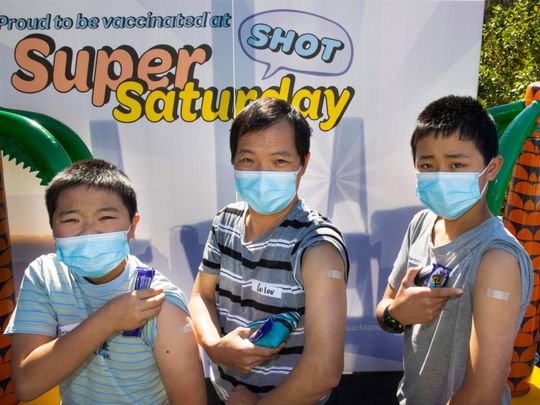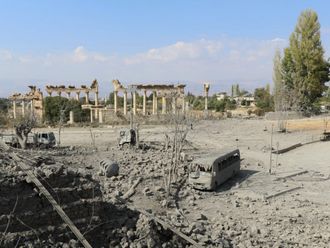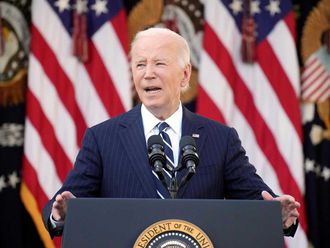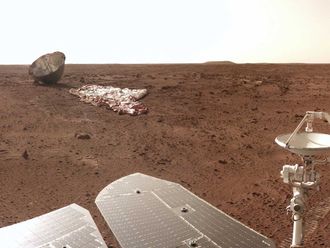
WELLINGTON/ CANBERRA: New Zealand’s biggest city of Auckland will retain its lockdown for two more weeks in the battle on the Delta variant of coronavirus, as the country pushes to step up vaccinations, Prime Minster Jacinda Ardern said on Monday.
Once the poster child for stamping out COVID-19, New Zealand is now fighting a Delta outbreak that has spread across Auckland and neighbouring regions despite tough lockdown and border closures.
Ardern said there would be no changes to social curbs, the toughest in the OECD grouping of 34 leading economies, that have run for 62 days in Auckland.
“Any interim easing of restrictions ... will not work towards our plan of minimising cases while we increase vaccinations,” Ardern told a news conference.
“But the biggest thing that will make a difference right now, alongside vaccines, is that everyone continue to comply with restrictions.” The lockdown in the city of 1.7 million began in mid-August, in the effort to halt the outbreak.
Some curbs were eased to let people leave home and meet loved ones outdoors in groups limited to 10, as well as permitting visits to beaches and parks.
But schools, businesses and offices remain shut, and gatherings indoors are not allowed.
New Zealand’s tally of infections in the current outbreak rose to 2,005 with Monday’s 60 new community cases, consisting of 57 in Auckland and three in the Waikato region.
The Pacific nation was among just a handful of countries to reach zero COVID-19 cases last year, staying largely virus-free until the Delta outbreak in August frustrated efforts to stamp out transmission.
In neighbouring Australia, Queensland state announced plans on Monday to open up to vaccinated travellers, ending the status it has enjoyed throughout the pandemic of remaining virtually free of COVID-19.
Queensland and Western Australia have been among the states most successful in keeping COVID-19 out, and they also were among the most reluctant to relax their strict border controls after the highly contagious delta variant took hold in New South Wales state in June and spread through Victoria and the Australian Capital Territory.
Queensland authorities warned infection rates would rise and remain high for months.
“For almost 600 days for nearly two years we have kept the virus out of Queensland,’’ Treasurer Cameron Dick said. “Those days will soon come to an end. This will be the end of the zero COVID for Queensland.”
Queensland Premier Annastacia Palaszczuk said fully vaccinated travellers would be allowed into the state without quarantining when 80% of the state’s population aged 16 and older was vaccinated. That benchmark is expected to be achieved by December 17.
Travellers would also need to test negative to COVID-19 within three days before entering the state.
Vaccinated travellers will be allowed into Queensland when 70% of the target population is vaccinated, a target expected to be reached by Nov. 19, but will face restrictions including 14 days of quarantine on arrival.
“I think Queenslanders will acknowledge that that is a sensible and cautious approach to ensure that families can be reunited but the people coming into Queensland will have to be fully vaccinated,’’ Palaszczuk said. ``The faster we are vaccinated, the faster these deadlines will be achieved.’’








